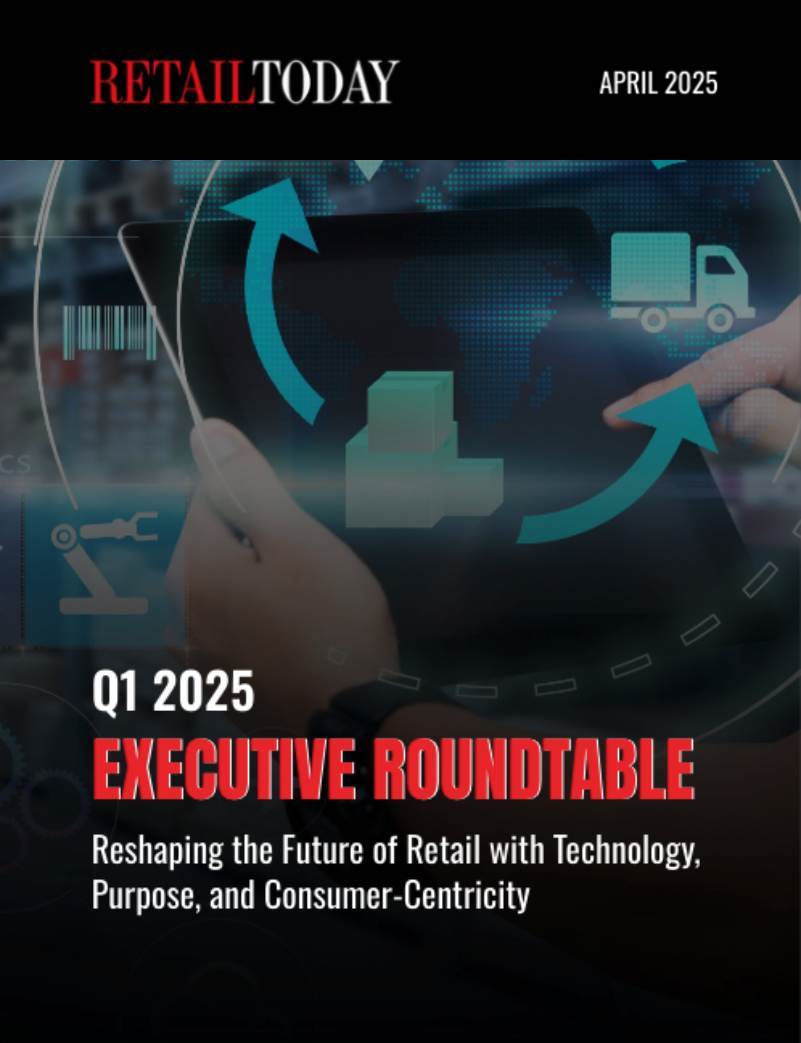
The holiday season is upon us, and while everything is merry and bright – scammers are on the prowl to defraud Americans of their hard-earned money. Whether fraudsters are trying to sell you bogus gift cards, delivery scams, or fake charity donations, these acts of desperation skyrocket during the holiday season, likely because we’re all so busy with the hustle and bustle and not as aware of the scams taking place. Therefore, scammers are more successful when we aren’t paying attention.
Scammers have bombarded Americans with 125 billion robotexts, with 10 billion categorizing as delivery-related scams. The problem will get far worse as the holidays approach as scammers hope to catch shoppers off-guard and steal their hard-earned money. Americans can expect to receive the usual student loan scams, bank scams, health insurance scams, and more – but there are other ones to watch out for, too.
Delivery Scams
One of the most common robotexts Americans receive, according to RoboKiller’s 2022 Mid-Year Phone Scam Insights, is delivery service scams. In fact, Americans are projected to receive 13 billion delivery-related robotexts in 2022. These scams often impersonate delivery services like UPS, USPS, FedEx, Amazon, and other parcel delivery services.
So how do scammers know a package is on the way? They don’t, but rather are predicting our purchasing habits and know the convenience of shopping online is appealing to Americans, with more than 70% of the US population shopping doing so.
These fraudulent text messages will look like it’s coming from a legitimate delivery service like USPS, UPS, or FedEx and state there is an issue delivering a package. The message will also include a fake tracking link or may ask you to update your information or pay a fee for the package to be delivered.
The delivery scam may look something like this:
You have (1) package awaiting delivery. Click here to fill out the missing information.
FEDEX – we were unable to deliver your package. Update your delivery preferences here.
The above messages seem legit, and if you are not paying attention, a shopper may click those links and potentially install malware on their phone and provide account access that may contain your financial information.

Fake Charitable Donations
During the season of giving, Americans are in the giving mood, and that’s when scammers can easily dupe us. They’ll claim your donation is tax deductible when it’s not, and they’ll even claim to have real-sounding names for the charity.
According to the FTC, there are ways you can donate to a charity this holiday season, like researching the charity before donating so you can ensure your money is going to the right place. Another best practice is donating with a credit card or by check. Scammers often ask you to donate via wire transfer, gift cards, or cash – don’t fall for this!
Another major problem is caller ID spoofing, a tactic where scammers change their phone number to make it look like it’s from a legitimate non-proft organization or charity. The scammer may pressure you into donating over the phone. If unsure, reach out directly to an organization or consider donating to another charity.
How to avoid the bah-humbug of holiday phone scams
RoboKiller warns holiday shoppers to approach any unexpected delivery message with caution, especially before clicking on any links or providing any personal information if they receive a message about a package delay or an unexpected package arriving.
There are ways you can protect yourself and avoid holiday scams.
- Don’t answer the phone to unknown callers, especially those that call at odd hours.
- Look out for emails and texts with URLs that contain misspelled words or a combination of numbers, letters, characters, etc. If the URL doesn’t look legit, don’t click it. The URL could install malware onto your computer or smartphone.
- Don’t provide personal information to unknown callers.
- Don’t follow any call prompts, like “Press 1” or “Respond Yes” to claim your prize.
- Download a robocall and robotext blocker to equip your phone with the latest technology to stop scams.
Giulia Porter is the Vice President of Marketing at Teltech, part of IAC’S Mosaic Group. In her role, Giulia leads marketing strategy for Teltech’s products, including RoboKiller, the best-in-class robocall blocker app that eliminates 99% of spam calls using AI + machine learning. As the first marketing hires for Teltech, Giulia grew RoboKiller to acquisition by IAC in October 2018. In 2019, Giulia was promoted to Vice President of Marketing, becoming one of the youngest-ever Vice Presidents at IAC at just 26 years old. In her current role, Giulia oversees global marketing, growth + testing, brand management, and public relations.
Recently, Giulia won two Silver 2021 Stevie Awards for Women in Business for Woman of the Year and a Stevie American Business Award for Marketing Executive of the Year. She also won two Silver 2020 Stevie Awards for Women in Business for Most Innovative Woman of the Year – Technology and Woman of the Year – Technology.
To date, Giulia’s strategic marketing campaigns have generated 11,000,000 app installs and kept RoboKiller as the top-grossing iOS utility app since 2017. By bringing this product to this many people, we have been able to block 600M spam calls and prevent $400M in consumer financial losses to fraud. RoboKiller has 250,000 5-star reviews, and over 500 media features, including The New York Times, ABC World News, NBC Nightly News, and more.






